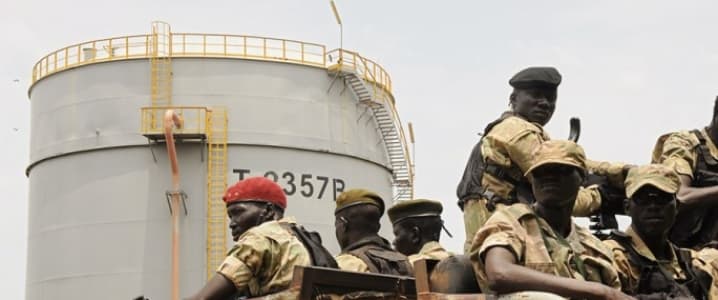The ongoing conflict in Sudan, which ignited on April 15th between the Sudanese armed forces (SAF) and the Rapid Support Forces (RSF), has cast a shadow over the supply chain for trucks returning equipment to oil wells. Despite the hostilities, a surprising trend emerges as oil exports from Sudan experience an unexpected rise.
Traditionally reliant on South Sudan for its crude oil supply, Sudan’s exports have seen a notable increase in the midst of the internal strife. According to Bloomberg, oil exports reached 154,839 barrels per day in May 2023, up from 77,419 barrels in March. This unexpected surge in oil exports comes despite a dire humanitarian situation, with the conflict displacing approximately 4 million people and exacerbating food shortages.
Historically, conflicts in African and Middle Eastern countries have often disrupted oil exports. Instances such as the turmoil in Libya and Yemen have demonstrated the vulnerability of oil supply during times of war.
The backdrop of this unique situation can be traced back to 2011, during the Arab uprising, when South Sudan gained independence from Sudan. The new nation depends on an extensive network of pipelines to transport its crude oil over 1,500 km (932 miles) to Red Sea tankers.
Jonas Horner, an independent analyst cited by Energy Voice, offers insights into the dynamics at play. He notes that North Sudan is apprehensive about potential retaliation from South Sudan, which could prompt safeguarding of the critical infrastructure by the northern government.
The two nations, despite their ongoing conflict, continue to share revenue from oil shipments. With 140,000 barrels being shipped daily over the past three months, oil remains a critical economic driver for both countries.
South Sudan’s heavy reliance on oil revenue, accounting for 95% of its income, underscores its strategic interest in preserving the integrity of its pipeline. As the conflict unfolds, there remains a possibility of the nation’s willingness to engage in military action to secure its vital oil infrastructure, potentially drawing in external actors.









